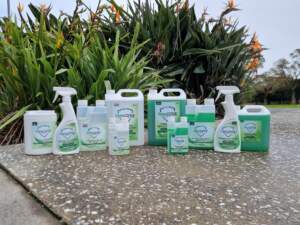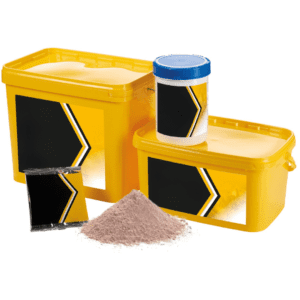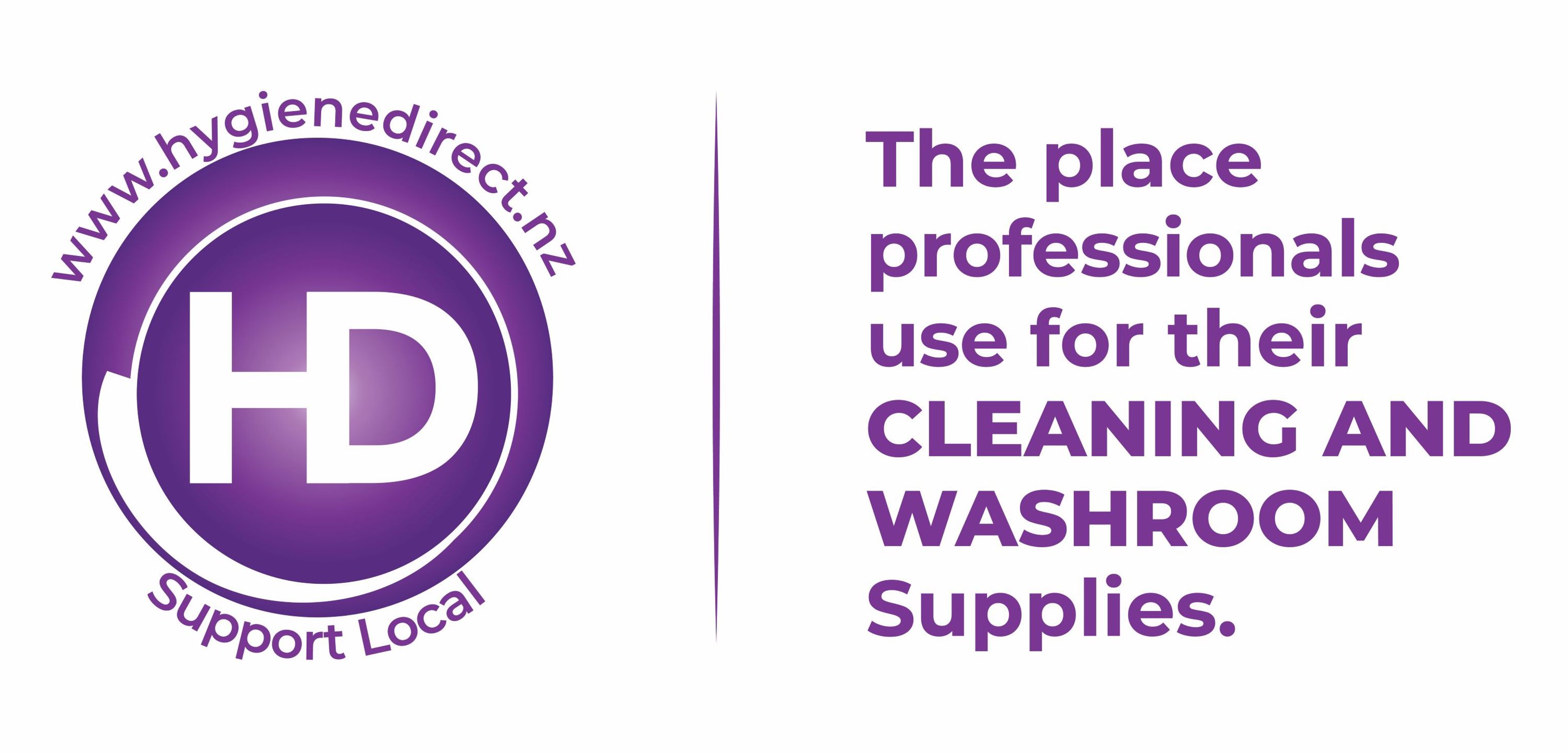Originally published by Oragene Global
In our quest for a clean and hygienic environment, the choice of disinfectant products plays a pivotal role. Two common options for disinfection are liquid concentrate and powdered disinfectants. We’ll delve into the significant differences between these two product types, with a clear preference for liquid concentrate due to its ease of use, stability, reduced corrosiveness, and extended shelf life once mixed.
Liquid Concentrate Disinfectants
 Liquid concentrate disinfectants have gained popularity for their user-friendly attributes and numerous advantages. Here’s why liquid concentrate disinfectants are often the preferred choice:
Liquid concentrate disinfectants have gained popularity for their user-friendly attributes and numerous advantages. Here’s why liquid concentrate disinfectants are often the preferred choice:
- Ease of Use: Liquid concentrate disinfectants come in a ready-to-use form, eliminating the need for mixing and measuring. This simplicity saves time and reduces the risk of incorrect dilution.
- Consistency: With liquid concentrate disinfectants, you can count on uniform performance each time, ensuring reliable results, especially in healthcare or food service settings where precision is paramount.
- Reduced Corrosiveness: Liquid concentrates are generally less corrosive than powdered counterparts. They are less likely to damage surfaces and equipment, extending the lifespan of these assets. Some liquid disinfectants have corrosion inhibitors built into the chemistry.
- Extended Shelf Life Once Mixed: Many liquid concentrate disinfectants maintain their efficacy for an extended period once they are mixed with water. This can significantly reduce the frequency of preparation and disposal, making them a cost-effective choice. A good example of this is SteriGENE which remains active for 6 months when diluted with tap water, or 12 months when diluted with demineralised water.
- Environmental Considerations: Some liquid concentrate disinfectants are available in eco-friendly formulations, minimizing their environmental impact.
- Safer to use: Skin irritability testing has shown only mild skin irritation when concentrated formulas come into contact with a person’s skin for a 24-hour period.
 Powdered Disinfectant Concentrates
Powdered Disinfectant Concentrates
Powdered disinfectant concentrates have a long history of effective disinfection. They do offer some advantages, but they have their drawbacks as well:
- Concentrated Form: Powdered disinfectant concentrates come in a concentrated, dry form, which needs to be accurately mixed with water before use. This can be cumbersome and may lead to measurement errors.
- Dilution Control: While the ability to customise the concentration is an advantage for some users, it can also be a drawback as incorrect dilutions can compromise the product’s effectiveness.
- Storage and Handling: Handling concentrated powders can be less safe, as it involves dealing with potentially hazardous chemicals. Powdered disinfectants attack the skin and eyes, so extra precautions need to be taken to ensure the chemicals do not come in contact with anyone. Inhaling powdered particles in the air can also lead to respiratory issues.
- Shorter Shelf Life Once Mixed: Powdered disinfectant concentrates usually have a shorter shelf life once they are mixed with water. Some powdered disinfectants only remain stable for 7 days after being mixed. This can lead to more frequent preparation and disposal, increasing operational costs.
- Corrosive: It’s not recommended to soak metal objects in powdered disinfectant solutions as they can often lead to corrosion, as well as pitting of plastic surfaces.
The Preference for Liquid Concentrate Disinfectants
Given the advantages of liquid concentrate disinfectants, they are often the preferred choice in most situations. Here’s why:
- Ease of Use: Liquid concentrate disinfectants simplify the cleaning process, making them accessible to a wide range of users. Their ready-to-use nature or ease of dilution saves time and minimizes the risk of measurement errors.
- Stability: Liquid concentrate disinfectants offer consistent performance and have a reduced likelihood of damaging surfaces due to their lower corrosiveness.
- Shelf Life: Liquid concentrates often maintain their efficacy for an extended period after mixing, reducing the frequency of preparation and disposal.
- Safety: Reduced contact with concentrated chemicals is a significant safety benefit, especially in environments where minimising chemical handling is crucial.
- Environmental Considerations: Many liquid concentrate disinfectants come in environmentally friendly formulations, aligning with sustainability goals.
In the choice between liquid concentrate and powdered disinfectant concentrates, liquid often emerges as the superior option. Its user-friendly attributes, stability, reduced corrosiveness, and extended shelf life after mixing make it an ideal choice for a wide range of applications. However, it’s essential to choose a product that best aligns with your specific cleaning and disinfection needs, considering factors such as effectiveness, safety, and environmental impact. Maintaining a clean and hygienic environment is a priority for everyone, and selecting the right disinfectant is a critical step in achieving that goal.
